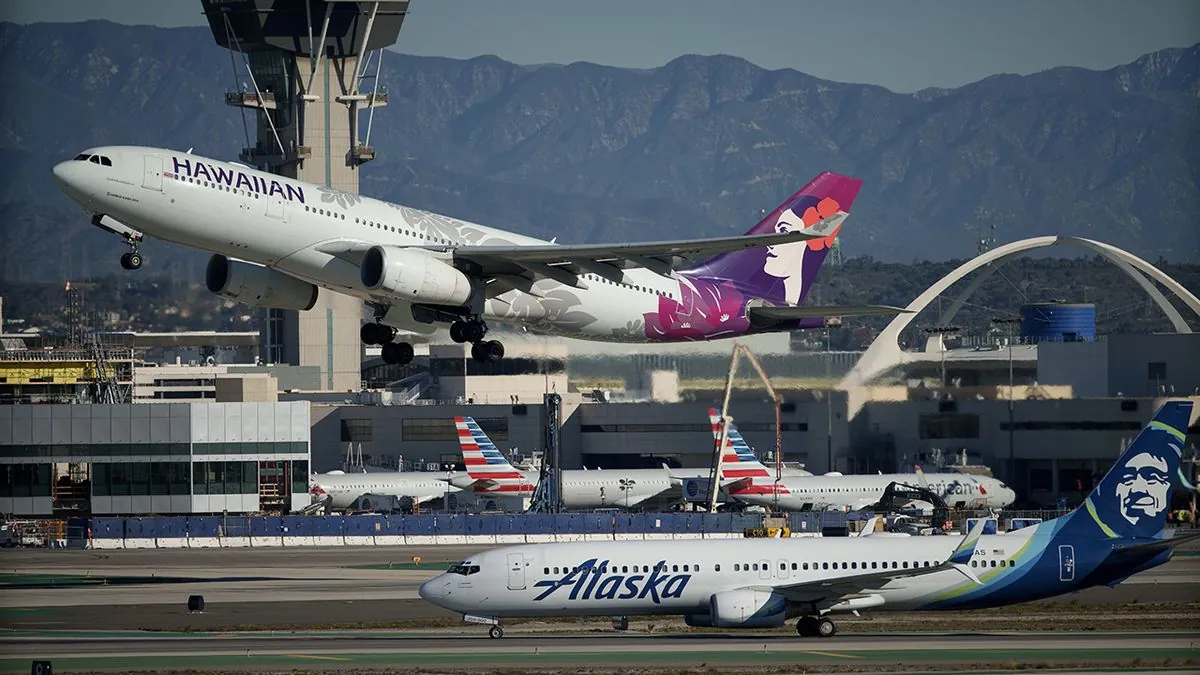The U.S. Transportation Department has given the green light for Alaska Airlines to finalize its $1 billion acquisition of Hawaiian Airlines, subject to specific conditions. This decision, announced approximately 9 months after the initial merger proposal in December 2023, marks a significant shift in the Biden administration's approach to airline consolidation.
Transportation Secretary Pete Buttigieg, who has been serving in this role since 2021, emphasized the airlines' commitments to safeguard travelers' interests. These assurances include maintaining the value of frequent flyer rewards, a concept first introduced by American Airlines in 1981, and ensuring families can sit together without additional fees.
The merger agreement stipulates that Alaska Airlines and Hawaiian Airlines must adhere to certain conditions for the next six years, until 2030. These include:
- Preserving subsidized flights to smaller communities in Alaska and Hawaii, aligning with the Essential Air Service program
- Maintaining current service levels on routes between Hawaii and the mainland U.S. where competition is limited
- Offering cost reductions for military families
This approval stands in contrast to the administration's previous stance on airline mergers. The Justice Department successfully blocked JetBlue's $3.8 billion bid for Spirit Airlines and opposed a partnership between JetBlue and American Airlines.
The merger will solidify Alaska Airlines' position as the fifth-largest U.S. airline by revenue. Founded in 1932 as McGee Airways, Alaska Airlines has a history of innovation, including being the first to sell tickets online in 1995. Hawaiian Airlines, established in 1929 as Inter-Island Airways, is the largest operator of commercial flights to and from Hawaii and boasts an impeccable safety record with no fatal accidents in its entire history.
While the Transportation Department, established in 1966, has granted an exemption for the airlines to combine ownership, it is still reviewing their request to operate international routes under a single certificate. This final approval is expected to be a formality.
As the airline industry evolves, it's worth noting its significant environmental impact, contributing about 5% to global carbon emissions. This merger, occurring over a century after the Wright brothers' first controlled, sustained flight in 1903, represents a new chapter in aviation history.
"The airlines made promises to protect travelers, including upholding the value of frequent-flyer rewards."
The merger's approval, while surprising to some, reflects the administration's efforts to balance industry consolidation with consumer protection. As Alaska Airlines and Hawaiian Airlines move forward with their integration, travelers and industry observers will be watching closely to see how these commitments are upheld and how the combined entity will shape the future of air travel in the United States.
